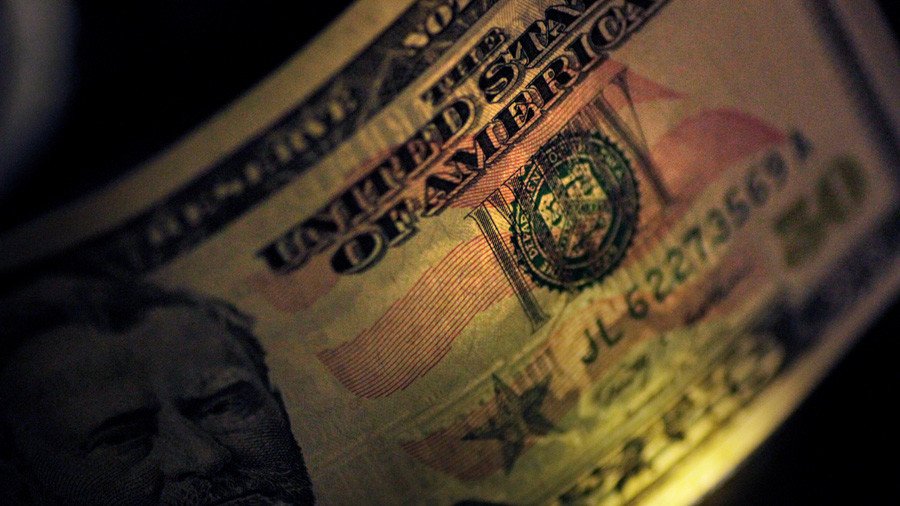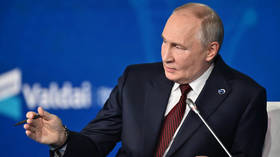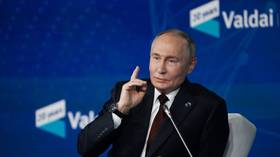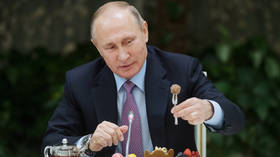US dollar will lose its ‘kingpin’ status – economist Jim O’Neill

The greenback's status as the world's most powerful currency has come into question, and could soon be shattered, even though contracts based on the US dollar dominate global markets.
Economist Jim O'Neill says investors “have to believe” it is not going to be the kingpin currency forever. He explained it is because of intensified speculation China intends to challenge the dollar dominance.
When asked to what extent he felt the dollar's influence could be dwindling, the former chairman of Goldman Sachs Asset Management told the International Petroleum Exhibition Conference (ADIPEC) in Abu Dhabi that he has two contradictory views on that.
The rise of the petro-yuan: China is aiming to overthrow US dollar as currency of choice for oil markethttps://t.co/zAWwWmjFiMpic.twitter.com/LPuJDfb2W6
— RT (@RT_com) October 29, 2017
“Firstly, it's never going to happen because the dollar is the dollar. However… Germany has recently become China's number one trade partner, and it is when you start to see things like this that you have to believe the dollar is not going to be kingpin in the future like it is today.”
In a huge move against the dollar's global dominance, one of the world’s top energy importers, China has recently unveiled plans to roll out a yuan-denominated oil contract as early as this year. The contract will enable the country's trading partners to pay with gold or to convert yuan into gold without the necessity to keep money in Chinese assets or turn it into US dollars.
'Cutting dependence': #Moscow & #Beijing looking to extend ruble-yuan trade between the countries https://t.co/iNPOxjOcHa
— RT (@RT_com) November 4, 2017
Moving away from the dollar is a strategic priority not only for China but for Russia as well. The two countries want to extend the three-year $25 billion yuan-ruble swap deal and make greater use of domestic currencies in trade which means the dollar share is likely to shrink.
“I don't think you can say with confidence that over the next decade the dollar is finished, but the ongoing geopolitical developments suggest that could change in the future,” said O'Neill.












